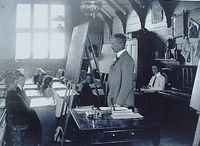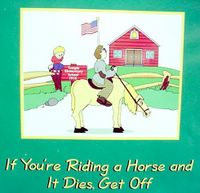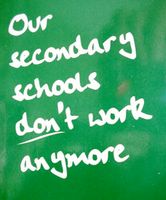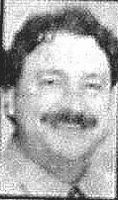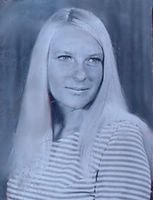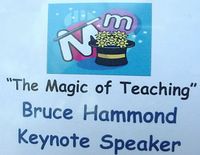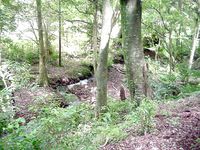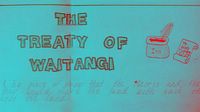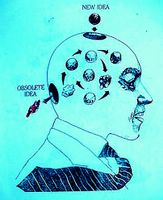
The myth of objectivity

The NZCEA dilemma is in the news these days and won’t go away. The trouble is it is diverting attention away from questioning schools about their real task – that of providing personalized education to every learner. Personalized learning is an exciting but hardly a new idea.
The first country to be able to personalize learning will reserve a place for itself in the future. Traditionally schools have fulfilled a role of sorting out students. The NZCEA is just a better way of doing it than the old pass/fail exam system- better, but all too complex and time consuming to be successful. The education system has always been dictated to by distant experts who believe that they know what students need; they are always too full of their own importance to listen to the voices of the students and their teachers. Tapping into student’s talents seems a too obvious answer to engage all students for ‘experts’ to consider; it would mean valuing students as individuals.
Professor Ivan Snook, along time critic of the current system, believes the problem of the NZCEA is that it is based on a faulty dogma of objectivity. The belief system underlying standard based curriculums has long history reaching back to the 1920’s ‘scientific management’ of Frederick Taylor which transformed craft industries into mass production. His idea was to break everything into fragmented measurable tasks. It had advantages but at a price. The designers of NZCEA had the same intentions but forgot to consider that no two students or school circumstances are alike. Hence the disparity being shown in current NZCEA marks. This disparity was hidden in previous exam system by ‘scaling’ for those who think the answer is to return to the past!
People are messy and will always upset the technocrat’s tidy minds – and no number of moderators will fix the situation. It is a classic ‘Humpty Dumpty’ scenario! Some sort of manipulation will be needed to even pretend it is working.
Professor Warwick Elley, an international expert on educational assessment, has long argued against the imposition of standardized curriculums. One other critic calls them ‘the KFC Curriculum’; I call it ‘death by strands’.
There seems little acceptable defense of the NZCEA except that we have gone too far to turn back now. The current government is now turning the blame back to the technocrats but this is playing politics.
A compromise, Elley suggests, is to develop some sort of ‘hybrid’ system by grouping academic or core subjects (that are difficult to measure by the ‘bits process’) to be assessed in one way and for the more practical and vocational to be assessed using standards. To avoid a two tier system he suggests that all students need to take core subjects and then add their own choices of the other more vocational or practical subjects.
This division was part of the original overseas model ‘copied’ by Ministry technocrats, then part of a National Government!
Such changes would at best be only cosmetics as many schools are now ‘wedded’ to the NZCEA system but it would be a start.
What we really need is a non political group of ‘experts’ to assess what has happened in secondary schools, to identify elements to keep and then to suggest a range of possible scenarios. If this were to be done then a ‘national conversation’ about future education could be undertaken.
Quite possibly in a ‘post industrial age’ there would be no one best way, and it might be best to develop a range of flexible alternatives. There a number of excellent models to base ideas on once ‘we’ take off the standardized blinkers and move into personalized learning.
In every other aspect of life personalization and customization are the norm. As for assessment of learning it should be based on what students can demonstrate, exhibit, or perform what they have learnt. Teams of people, known for their expertise, should accredited to assess whole tasks not tick of countless little bits.
At the moment it seems we ‘can’t see the wood for the trees’
